Compared with traditional fuel vehicles, the largest cost of electric vehicles comes from batteries. For some electric vehicles, the battery cost even accounts for 1/3 or more of the vehicle cost. For second-hand electric vehicles, the value retention rate is greatly affected by the battery. Generally, batteries have a service life, which is about 1000-3000 full charge and discharge cycles. If the number of full charge and discharge cycles is exceeded, the battery's power will drop significantly. Battery storage capacity below 70% (battery health) is not suitable for use as a power battery. So for those consumers who buy second-hand electric vehicles, the health of the battery will directly determine the price of the vehicle purchased.
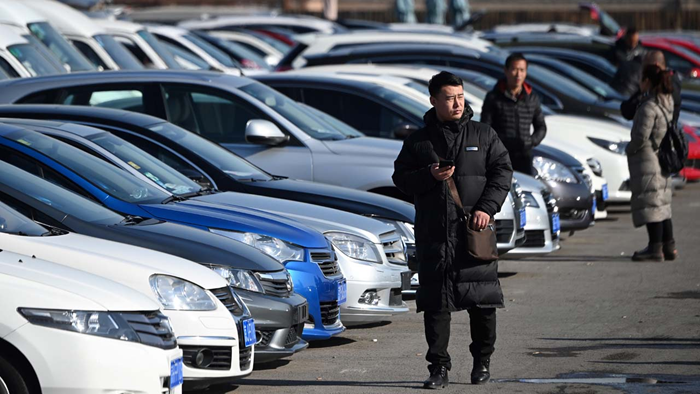
For individual consumers, he cannot know the health of the battery, and currently there is no electric vehicle testing agency that provides battery health testing services. For example, if the same electric vehicle of the same year is used for two years, if the previous owner has maintained it properly, the health of the battery is likely to be around 97%. If DC fast charging is often used to charge the battery, it will be very detrimental to the maintenance of the vehicle battery, which will naturally have a great impact on the battery life. So, how to scientifically evaluate the health of the battery is the key to selecting high-quality electric vehicles. Usually, we comprehensively evaluate the value of an electric vehicle based on the mileage of the used electric vehicle, the number of full charges and discharges, and the internal resistance of the battery. We have professional precision internal resistance measuring instruments to measure the internal resistance of the battery to determine the health of the battery.
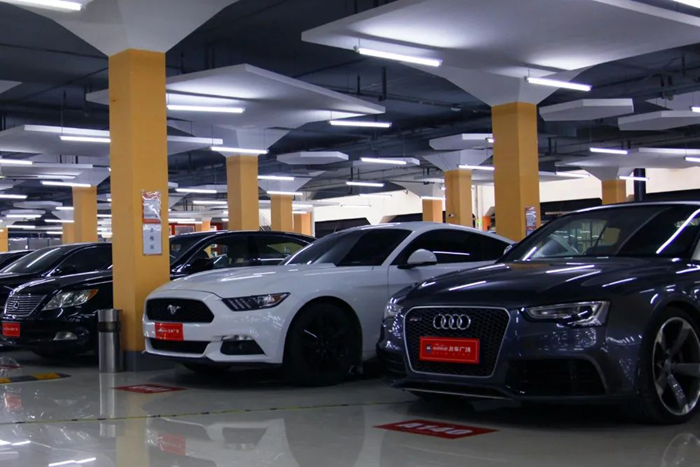
The used electric cars that we sold need new batteries after many years of use, and we will provide the most cost-effective battery replacement service. For example, it may cost about US$25,000 for a Tesla repair center to replace a MODELS P85 battery. If our battery pack factory manufactures a new battery with the same parameters, it costs about US$12,000 because we only charge the cost of battery cells and BMS plus 5% production profit. We only provide this service to customers who purchase second-hand electric vehicles from us.
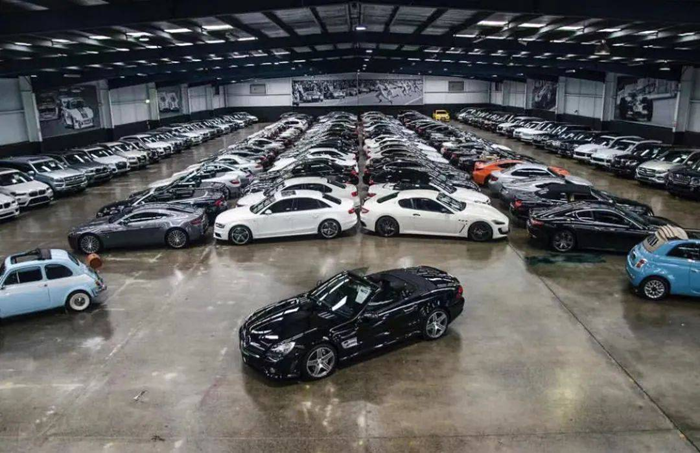
As the number of electric cars increases, there are currently more and more electric cars in China's second-hand car market. Even for some second-hand car agencies, electric cars account for nearly 50%. Among them, electric car brands such as Tesla, Audi, BMW, BYD, NIO, Xpeng, and LI are the main ones. Most used electric cars are very affordable. The current market situation is that for pure electric cars made in China that are more than two years old, second-hand cars are basically 50-60% of the selling price of new cars. It seems that buying a second-hand electric car is more cost-effective.
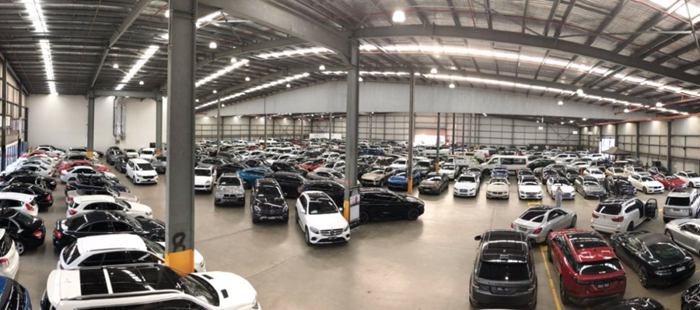
For example, the current price of a new Tesla Model Y rear-wheel drive version is about CNY.316,900 (USD. 43,400). The same model that has been used for more than two years with a mileage of about 50,000 kilometers only costs about CNY.180,000 (USD.24,600), which can save about CNY.140,000 (USD.19,200) compared to buying a new car, which is only equivalent to 56% of the price of a new car. If a young Chinese couple originally planned to take out a loan to buy a new electric car and instead buy a second-hand electric car that is 90% new car for more than two years, they will not need to take out a loan. In this way, there is no need to pay off the car loan every month, and the excess income can support more personal consumption, which will lead to a better sense of happiness.
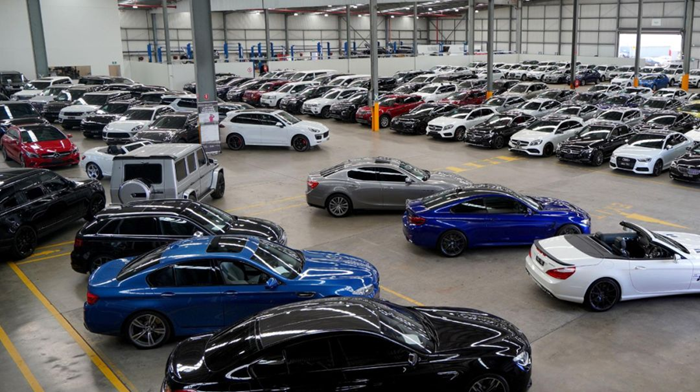
High cost performance is the main reason for the popularity of second-hand electric cars in China. The main reason for high cost performance comes from the Chinese government's subsidies for the purchase of electric cars. The original car owner got state price subsidies when buying a new electric car. When he sells his second-hand electric car, out of the necessity of price competition, he will definitely pass on the state price subsidies that he originally got to the customer who will buy his second-hand car.
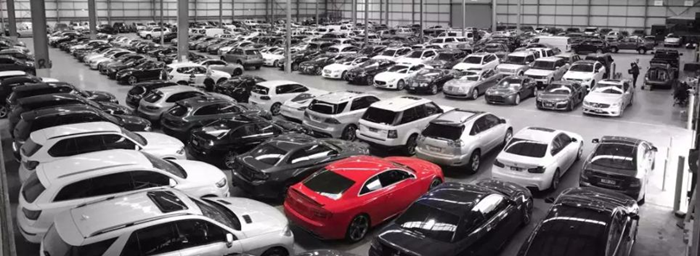
Finally, we suggest that you should try to choose some second-hand electric cars made in China, considering the value retention rate and cost-effectiveness of the second-hand electric cars, if it is not for ostentation at this stage. In the world, China’s electric vehicle industry chain is the most mature, therefore, China’s second-hand electric vehicle prices are cheaper and more competitive. In terms of maintenance and upkeep costs, the comprehensive costs of electric cars made in China are definitely the lowest.

